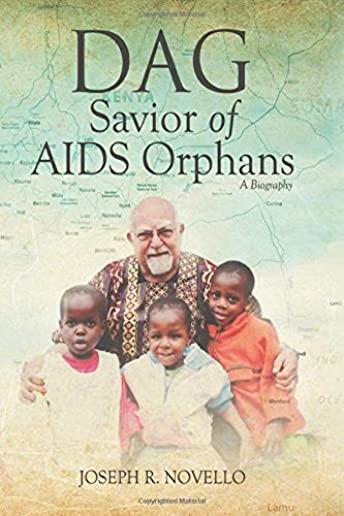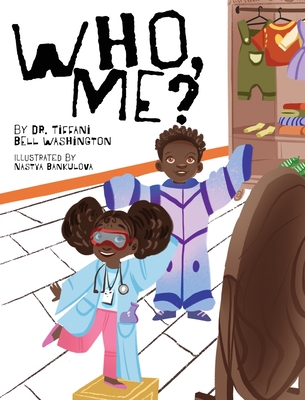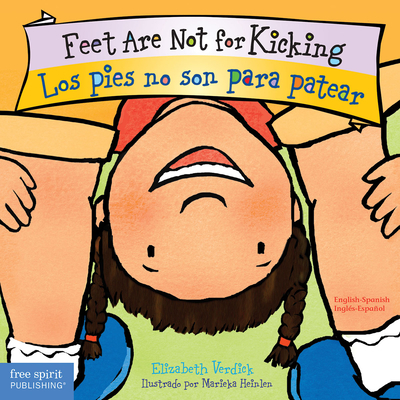
DAG is the first-ever biography of Angelo D'Agostino SJ, MD, an American priest-physician who grew bored with his cushy life in Washington, D.C. as "the psychiatrist to the stars." So, at the age of 61, he volunteered as a missionary to Kenya. Arriving in 1987 he unexpectedly landed in the middle of a deadly epidemic without a name. It would later be known as HIV-AIDS.
Dag, as everyone called him, was astonished to see gangs of children, the world's first AIDS orphans, roaming the streets of Nairobi. When he learned that almost nothing was being done for them, he vowed to do it himself. In 1992 he founded Nyumbani (Swahili for "home"), Africa's first orphanage for HIV+ babies and children. As pugilistic as he was pious, Dag could also be conniving and controversial. He made enemies in high places and battled them while struggling with his own failing health. Dag challenged the local government, then the giant pharmaceutical companies, USAID, and even the Catholic Church to help him obtain the life-saving ARV medications that were widely available in the U.S. and Europe but unaffordable in Africa. He was rebuffed.
In 2004, with no help coming and with his orphans dying, Dag, although threatened with imprisonment and put under 24-hour police surveillance, became the African equivalent of the Dallas Buyers Club. He was the first to import affordable, generic AIDS medications into Africa. His life-saving feat was hailed by the world press. His Nyumbani orphans were given life. Soon Kenya and the other Sub-Saharan Africa nations were importing the medications. Thousands of lives were saved.
Dag was honored by Pope John Paul II at the Vatican. At Dag's funeral in 2006, the President of Kenya eulogized him and awarded him the Star of Kenya medal. Dag died a hero.
Dag's inspirational legacy lives on. Nyumbani now serves over 5,000 children at the orphanage and clinics in Nairobi's slums. A self-sustaining Village at Kitui, designed by Dag, is home to over one thousand children and adults. Nyumbani organizations in the U.S., UK, Italy, Ireland, and Spain remain active and involved in fundraising and volunteer services.
In 2017 initial steps were taken in Rome to consider Dag's possible canonization as a saint in the Catholic Church.







